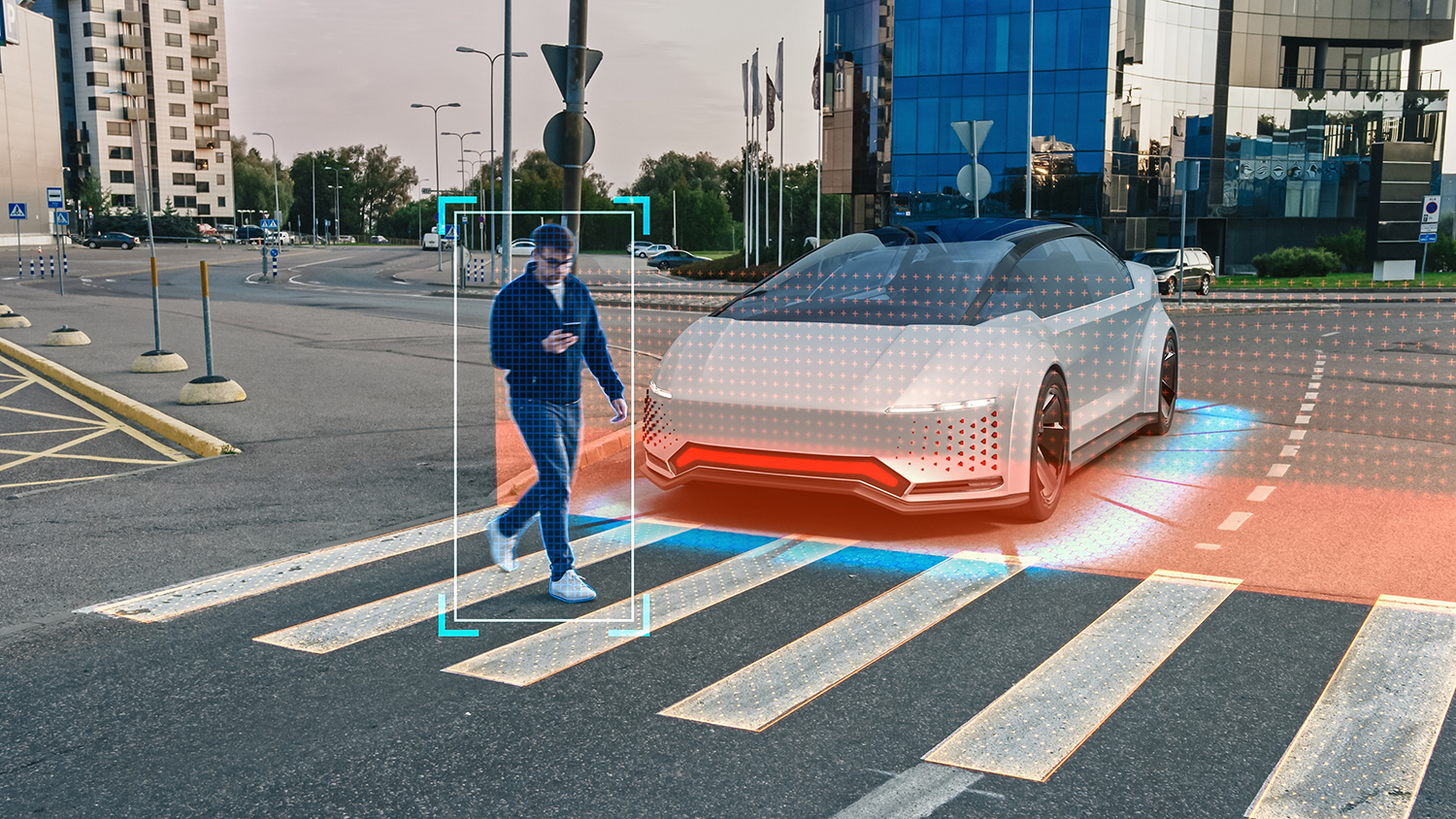Russian Autonomous Vehicles Hit Global Roads

As the global race for autonomous transportation intensifies, Russian technologies are finding their way onto international roads—offering rugged, adaptable, and scalable solutions.
Going Global with Strategic Partnerships
Russia is actively integrating into the global autonomous vehicle ecosystem. A key example is Uber’s collaboration with Avride, the successor of Yandex’s Self-Driving Group. Uber has deployed Russian-developed technology in its robotaxi and automated delivery services, underscoring the quality and safety of these systems.
Hyundai Motor Group has also partnered with Avride to co-develop autonomous driving systems—another sign of Russia’s growing influence in global innovation. Meanwhile, companies like Cognitive Technologies are contributing advanced computer vision tools to smart traffic systems in Europe and Asia.
ZALA Aero Group is expanding its drone operations in the Middle East and Africa, offering both military and civilian applications, from infrastructure monitoring to medical deliveries. Russian firms are also participating in trials like the Autonomous and Remote Navigation Trial Project, testing self-driving systems under complex conditions.

What Sets Russian AVs Apart?
Russian autonomous technologies are built for resilience. Their key strengths include:
- Adaptability to harsh weather and road conditions—from snowstorms to unpaved routes.
- Proprietary sensors and software that minimize reliance on foreign components.
- High accuracy and reliability, powered by deep learning and big data for object recognition and predictive behavior modeling.
These capabilities make Russian systems globally competitive—stacking up against solutions from the U.S., China, and South Korea.

Beyond Taxis—Trucks, Trains, and New Frontiers
Autonomous freight solutions are also on the rise. Russian-developed systems are being tested on trucks, designed for both city logistics and long-haul transportation—supporting the country’s strategy for infrastructure modernization.
Rail transport is next. A project to develop autonomous trains began in 2024, aiming to expand driverless technology across broader public transit—from buses to trams.
Russia’s AV momentum is particularly strong in emerging markets, such as those in BRICS, the Shanghai Cooperation Organization (SCO), and the Eurasian Economic Union (EAEU). As Western vendors exit key regions, demand for reliable alternatives is growing—and Russia is filling that gap.
Today, Russian autonomous vehicles are already navigating roads in the U.S., Israel, the Middle East, and Asia. Given rising international interest and steady industry growth, Russia’s export potential in this space is set to climb.
This trend not only boosts Russia’s role in the global mobility market, but also positions the country as a leader in the digital economy—deploying homegrown technologies that operate worldwide.









































